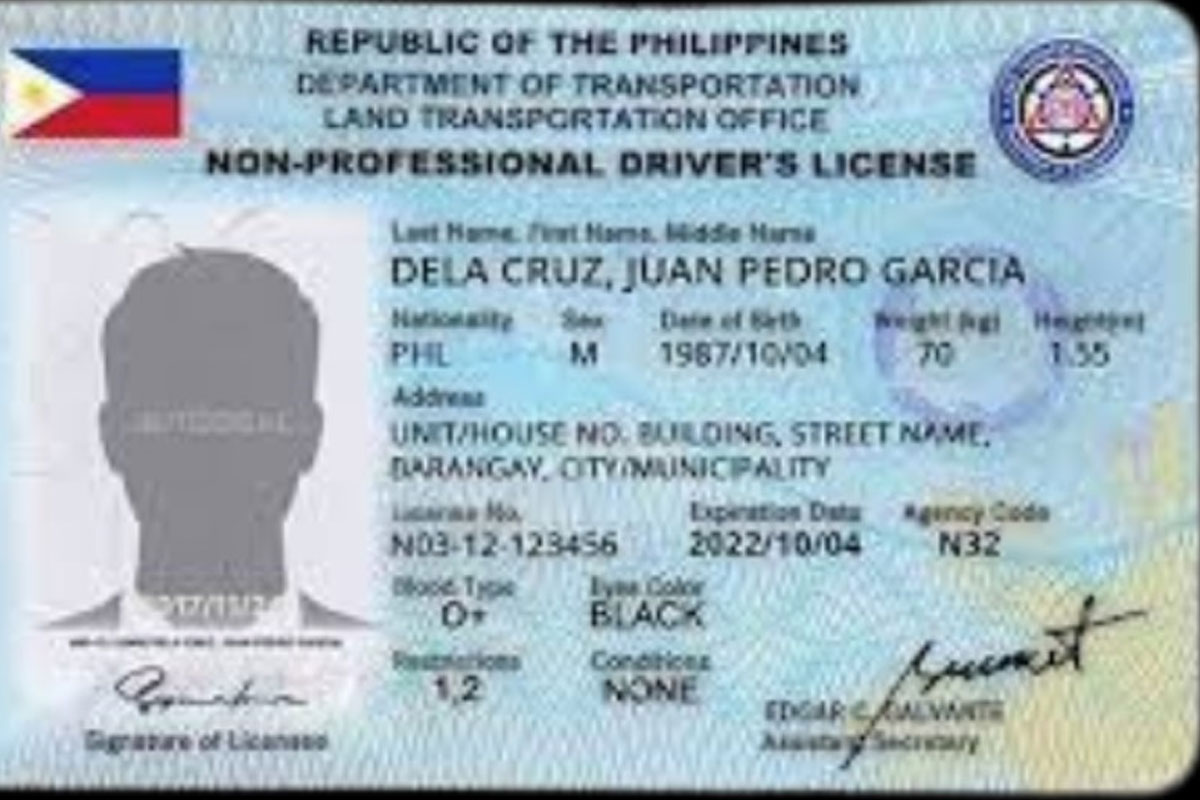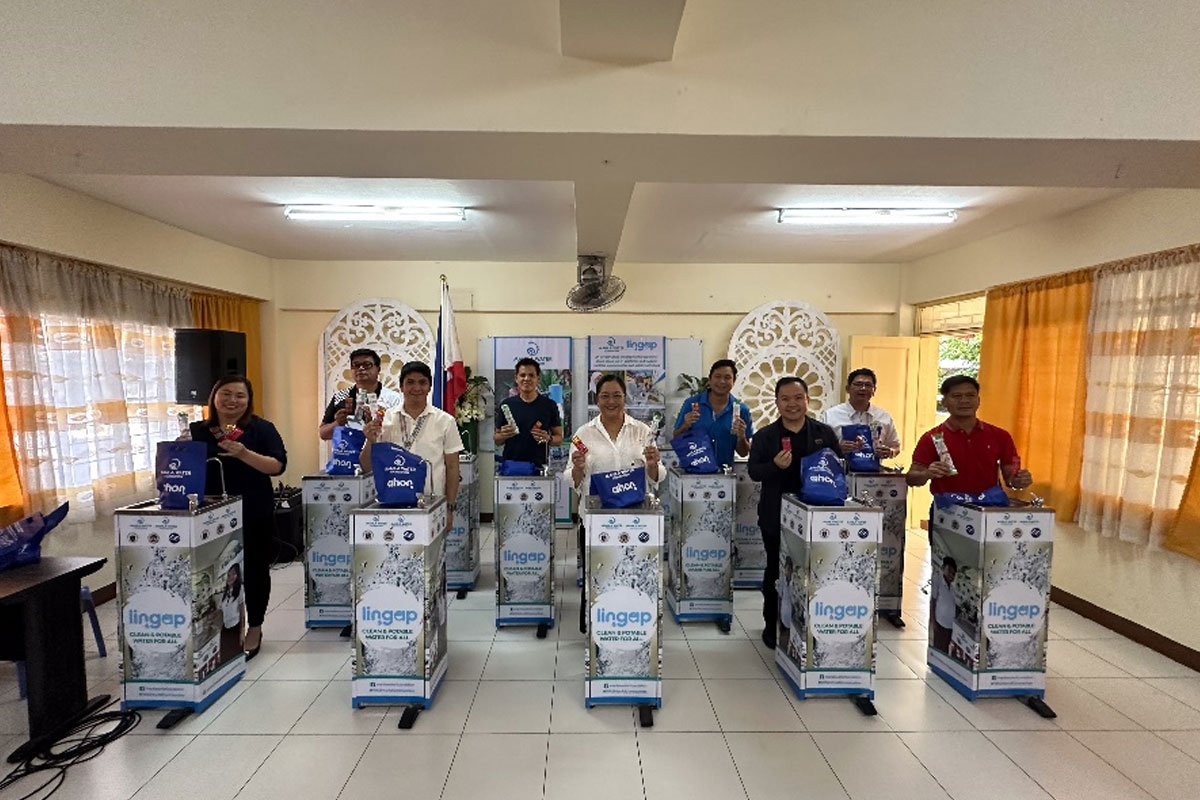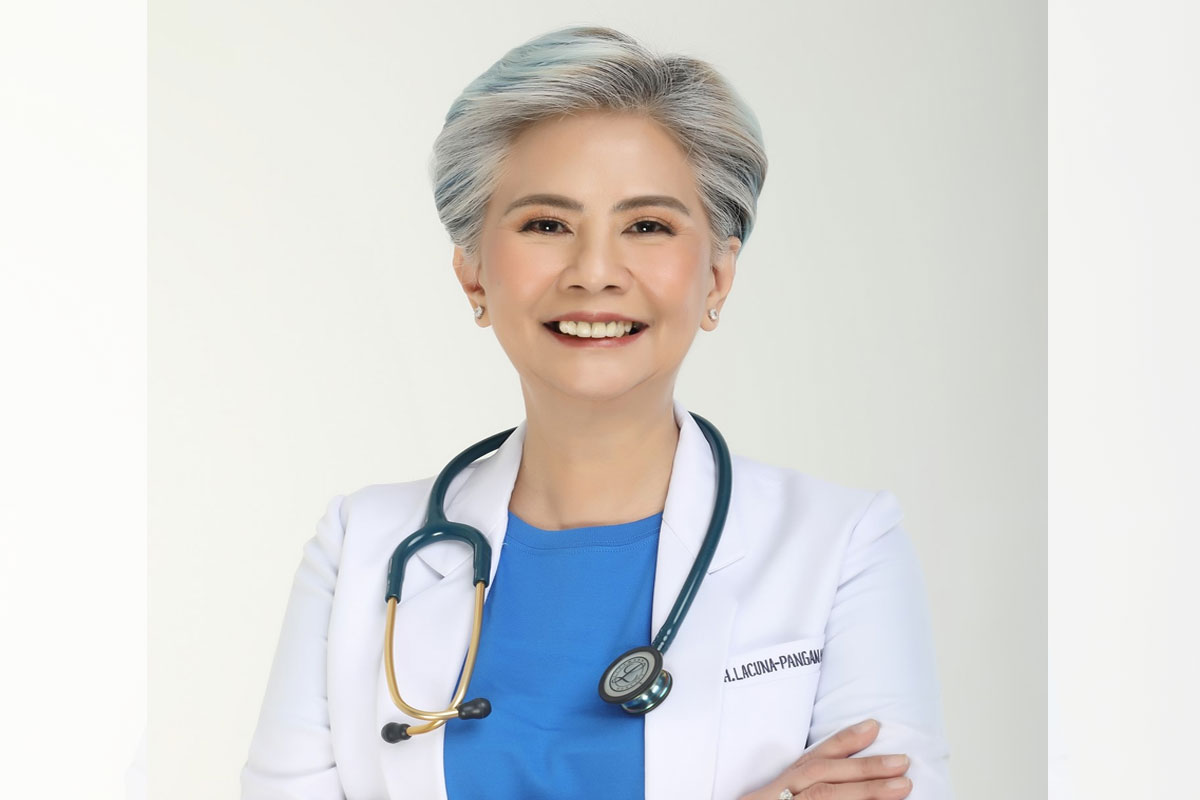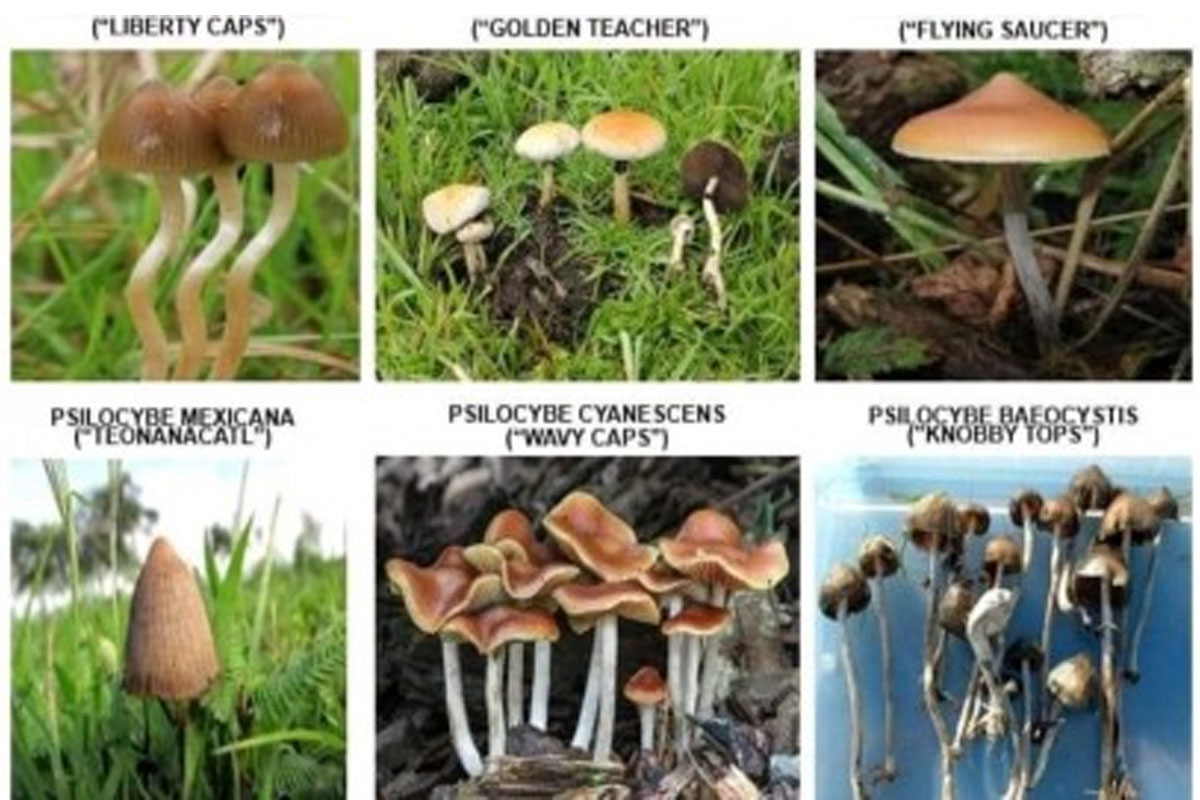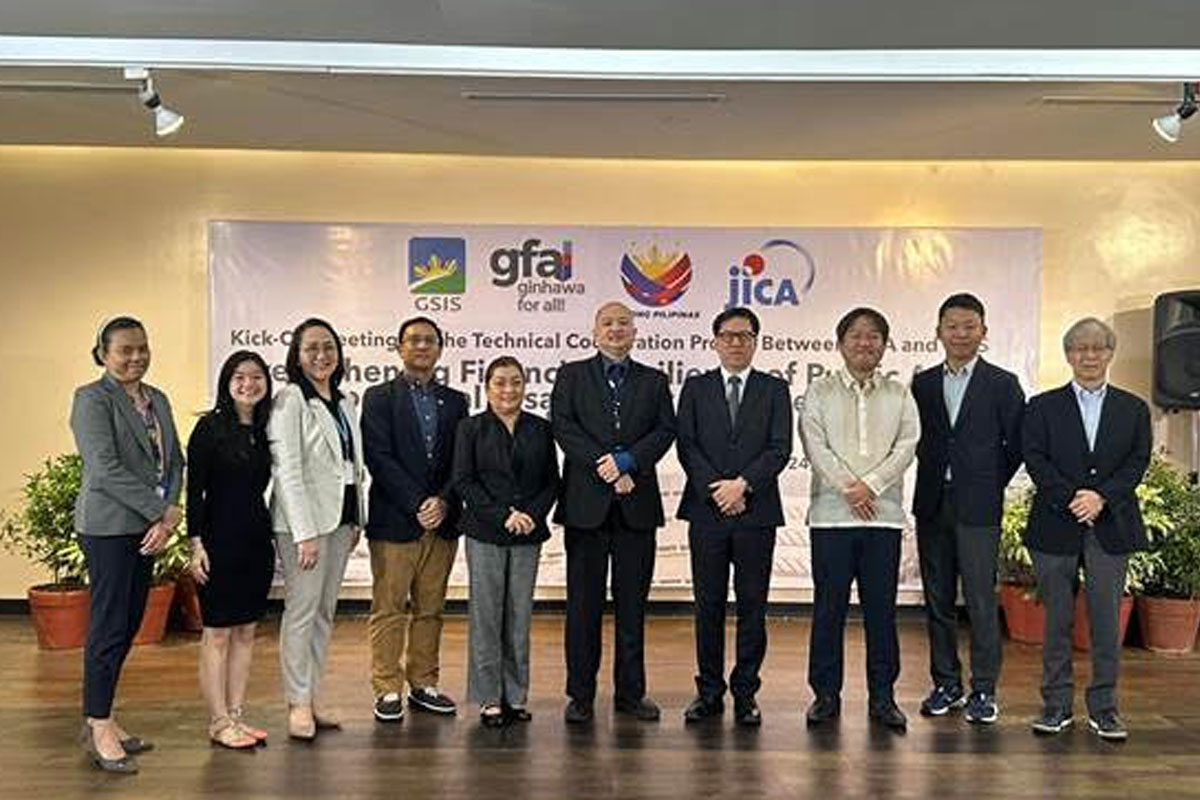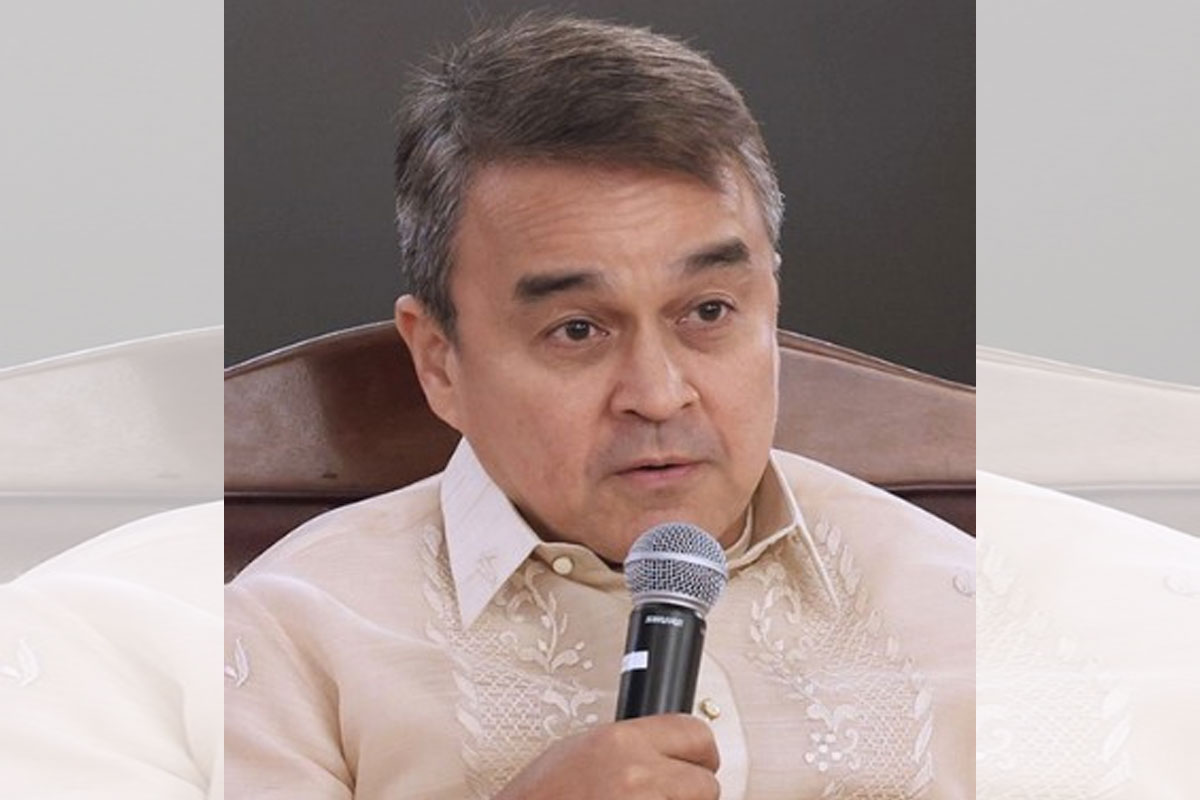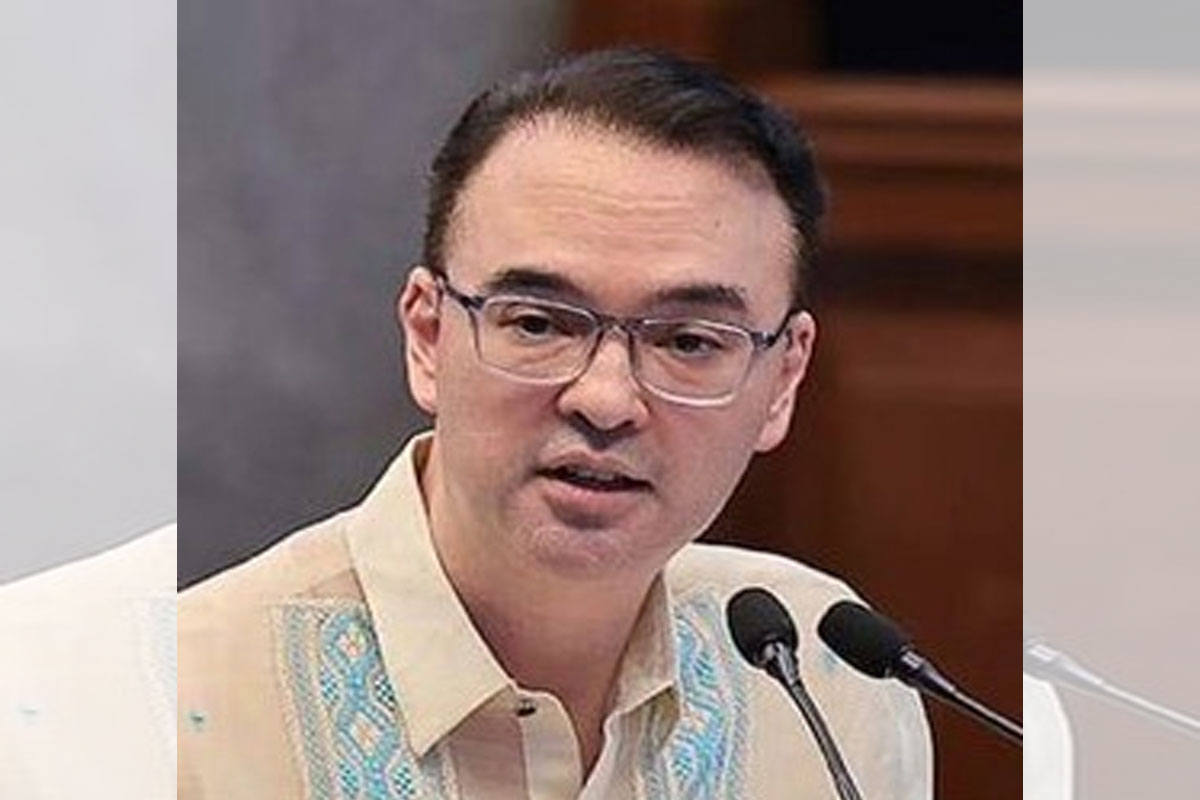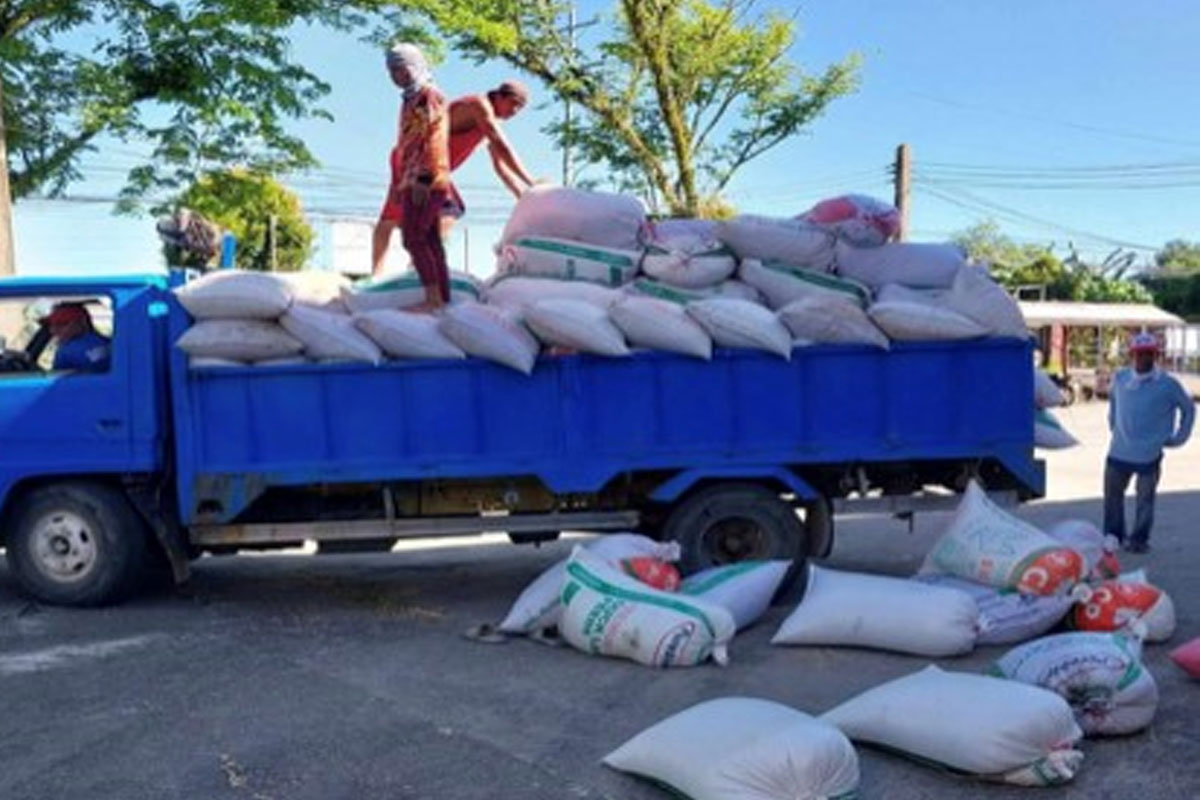
Salceda wants to expand patients’ medicine choices
ALBAY Rep. Joey Sarte Salceda has filed a bill mandating the secretary of the Department of Health to introduce to sick persons all available medicines that are cheaper, but with same effect as branded drugs on treating various diseases following the rising hospital bills of coronavirus disease-19 (COVID-19) patients.
Salceda, chairman of the House committee on ways and means, filed House Bill 9261 or the Biosimilars Bill which he claimed as competitors’ versions of branded drugs.
“Biosimilars are basically drugs that are made of the same chemicals and have the same effects as branded expensive drugs. They usually enter the market at a discount, which offers patients and the healthcare system the potential for savings,” Salceda explained.
To expand the range of choices for patients and healthcare providers, Salceda’s bill includes the following provisions:
1. Mandates the Secretary of Health to ensure the availability of educational resources for health care providers, patients, and caregivers, regarding the meaning of the terms, and the standards for review and licensing of, biological products, including biosimilar biological products and interchangeable biosimilar biological products; 2. Allows the Secretary to offer such materials in a wide range of formats; 3. Requires the Secretary to maintain a list of biosimilar products with their prevailing prices, in a manner that will easily allow its readers to compare such prices; and 4. Mandates the Secretary to advance education and awareness among health care providers regarding biological products.
“What this bill does is really help people find cheaper alternatives to the drugs they are prescribed without compromising the integrity of the cure. For matters of life and death, brand is the least of our concerns,” Salceda said.
“Part of what makes branded drugs expensive is that the consumer is paying for the brand. Healthcare is a matter of life or death, not a matter of one brand being ‘better,’ especially if the chemical composition is practically the same as cheaper drugs,” Salceda pointed out.
“The people are desperate for cheaper medicine. That’s why you see this hysteria over unsubstantiated cures for COVID-19. That is not good for the people. We still need proven drugs. But, if the proven drugs have less expensive twins, the public should know these alternatives exist,” Salceda lamented.
“For something as simple as, say, Vitamin C supplements, you look at the generic names and they are practically made of the same chemicals, but the price range can be from 25 centavos to 10 pesos per tablet. Why pay 10 pesos when you get the same effects from the one at 25 cents? This matter is lifesaving for the poor,” Salceda said.
CHEAPER DRUGS FOR SOCIAL EQUITY
According to the Family Income and Expenditure Survey for 2015, Salceda said the richest half of the population accounts for 65% of all expenditures on healthcare, while those under poverty line spend only 10% of health expenditures.
“While the poor tend to be exposed to greater health risks, they are also unable to afford the medical interventions needed to mitigate those risks. Affordable medical options, then, are a matter of social equity and justice,” Salceda said.
“Increased education on biosimilars, and publicly available material that compares the costs of biosimilars, will allow patients and healthcare providers to make better informed choices on their healthcare preferences. Education will also improve price competition among pharmaceutical providers, as uncompetitive practices in pricing of biological products comes in part from the inability of patients to compare the prices of such products,” Salceda added.



